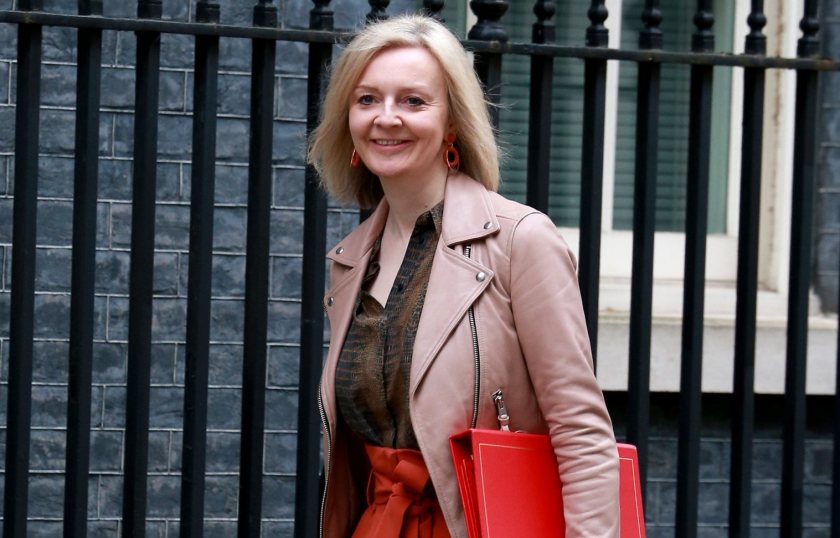
Liz Truss, the new Conservative leader, must deliver the right policies for British farming and rural businesses or 'risk losing the hearts and minds of 12 million voters.'
The foreign secretary will become the UK's next prime minister after beating former chancellor Rishi Sunak in the Conservative leadership contest.
Ms Truss won 81,326 votes (57.4%) of Conservative Party members, compared to Mr Sunak's 60,399 votes (42.6%).
Industry groups have reacted, with the Country Land and Business Association (CLA) calling for a new ambitious strategy for the rural economy.
"No prime minister in the last 20 years has had an ambitious strategy for the rural economy. This has to change," said Mark Tufnell, the group's president.
According to the CLA, years of neglect has led to an 18% productivity gap between the rural economy and the national average, and closing this gap would add £43bn to the UK economy.
A new £110m support package announced this weekend to support rural businesses was a welcome start, Mr Tufnell said, adding: "This funding will kick-start the green shoots of recovery for the rural economy.
“As PM, Liz Truss must go for growth, laying out in detail her plans to deliver genuine planning reform, full connectivity, a simpler tax system for diversified businesses - and a Whitehall shake up to encourage cross-departmental cooperation.
"Otherwise, her party risks losing the hearts and minds of 12 million rural voters," he warned.
The National Sheep Association (NSA) highlighted the importance of 'continuity and consistency' against the backdrop of an increasingly turbulent landscape for the industry.
The body said it was keen to see the government build on the work to date on the UK's new farming schemes, while recognising the importance of domestic food production.
NSA chief executive, Phil Stocker said: “The political turmoil unfolding over the past months came at a time of significant volatility across the industry with rising input costs, changes to farming policy and the rollout of future farming schemes.
"It is reassuring that so far the Secretary of State and Farming Minister are still in post but disruption to agriculture must be kept to a minimum."
Ms Truss has previously committed to making British farmers more competitive by "freeing them to grow more sustainable and high-quality British food in order to enhance our nation’s food security."
Specifically, her commitments are to cut red tape, and to make it easier for farmers to access the workers they need, achieving this by a short-term expansion to the Seasonal Worker Scheme.
However, Mr Stocker raised concern over her past actions: “The former Secretary of State for Foreign Affairs was the architect of the recent Australia and New Zealand trade deals – neither of which we see as being favourable to the British sheep sector.”
